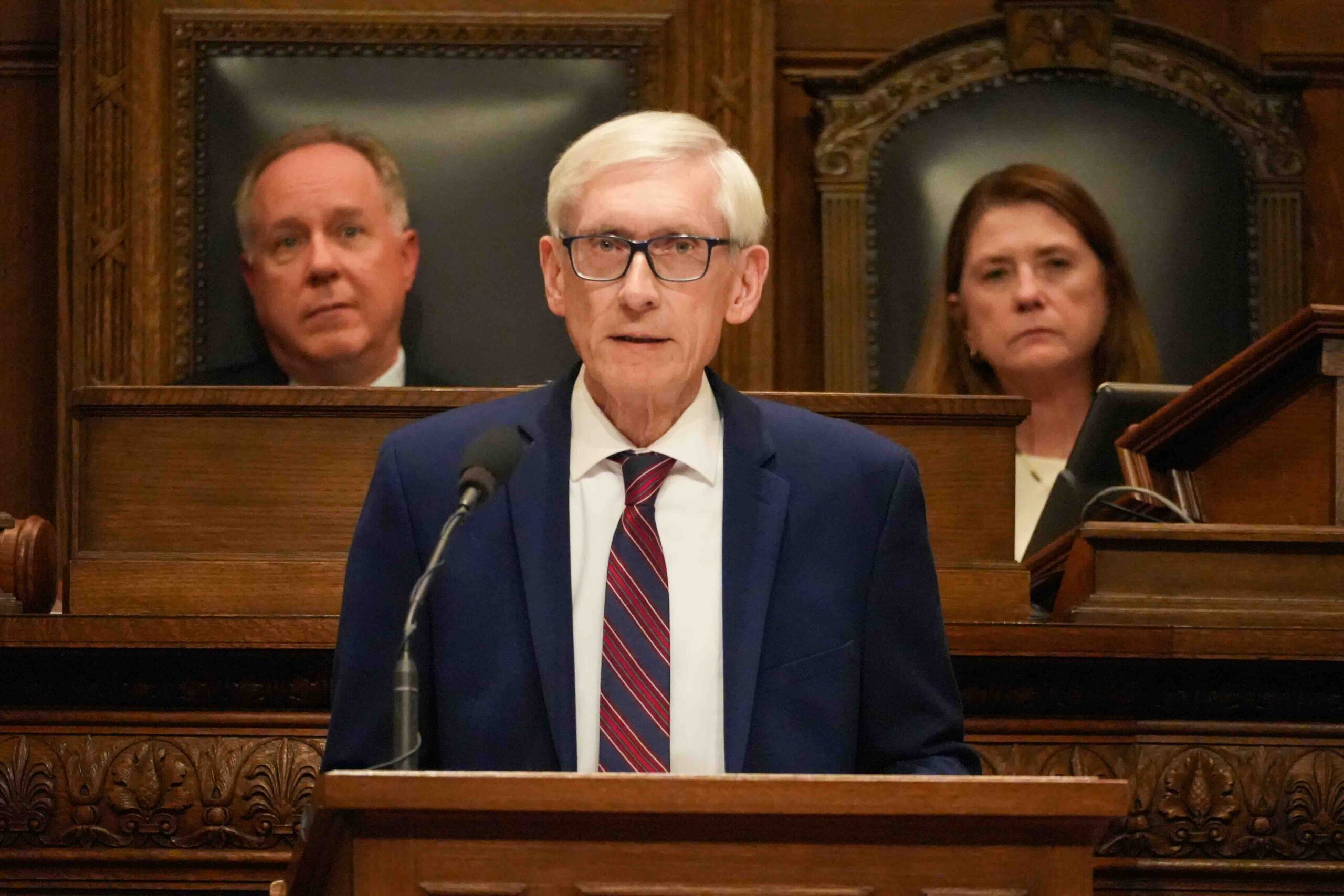
February 20, 2025
By Lane Kimble
MADISON, Wis. — Much like building a road, bridge, or freeway, the first of many significant steps in building the state budget–and providing billions in funding for the transportation system–began this week.
Introducing his 2025-27 budget Tuesday night, Gov. Tony Evers called for boosting transportation revenue by nearly $420 million in ongoing sources while borrowing hundreds of millions to ensure major projects proceed on time.
Now, it’s up to the Joint Finance Committee (JFC) and state Legislature to swing the next big pieces into place.
The governor’s funding plan would increase vehicle title fees by $120 each, generating nearly $283 million over the next two fiscal years. It would also dedicate the sales tax from car parts and tires to the Transportation Fund, creating another $129 million in revenue over the same time period.
“The Governor’s budget safeguards the efforts of recent budgets to keep borrowing low and deliver more sustainable funding for the Transportation Fund,” Evers wrote in his “Budget in Brief” document.
“By keeping borrowing ratios steady, revenue generated by users of our transportation system is spent on today’s projects, not on debt payments for yesterday’s projects.”
Click HERE for WTBA budget analysis
Meanwhile, Gov. Evers’ budget plan would provide double-digit percentage increases for the State Highway Rehabilitation (18%), Southeast Mega (26%) and Major Projects programs (34%).
That funding–bolstered in part by hundreds of millions in borrowed cash–would ensure expansion projects such as I-39/90/94 between Madison and Wisconsin Dells and I-94 East-West past American Family Field begin while the massive I-41 expansion in the Fox Valley continues.
“The critical importance of keeping our roads safe and our economy strong through smart transportation investment is one of the rare areas of the state budget with bi-partisan consensus,” WTBA Executive Director Steve Baas said. “This is a strong starting position.”
The budget proposal also shifts the Agricultural Roads Improvement Program (ARIP) and the Local Road Improvement Program Supplemental (LRIP-S) funding source from Transportation to the state’s General Fund.
Historically, the JFC makes the next move by taking budget listening sessions on the road across Wisconsin in April. The bicameral committee then rolls out its version of the budget agency by agency during hearings in May. Then, the Assembly and Senate hold floor periods to vote on the newly crafted funding plan.
The state’s fiscal year ends June 30, which means the governor must sign a finalized funding bill by then. If not, state agencies will continue at 2023-25 levels until the budget is complete.
WTBA will keep members updated on when public meetings are scheduled around the state and as the full process proceeds.
